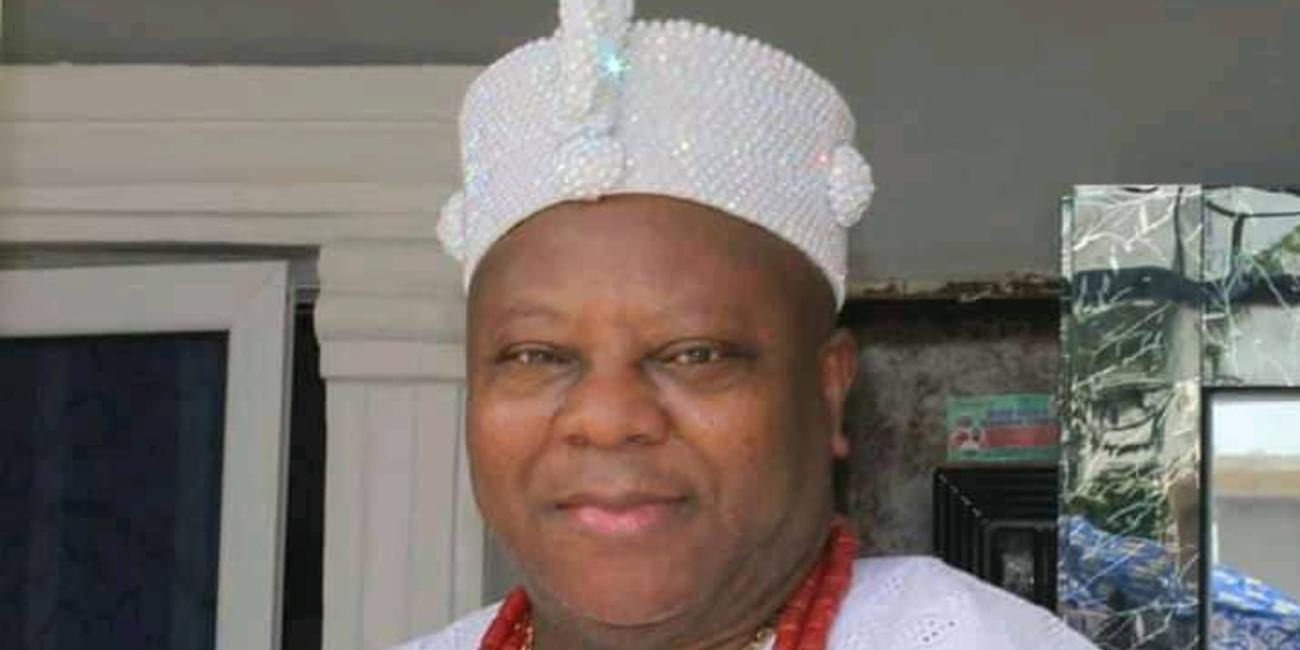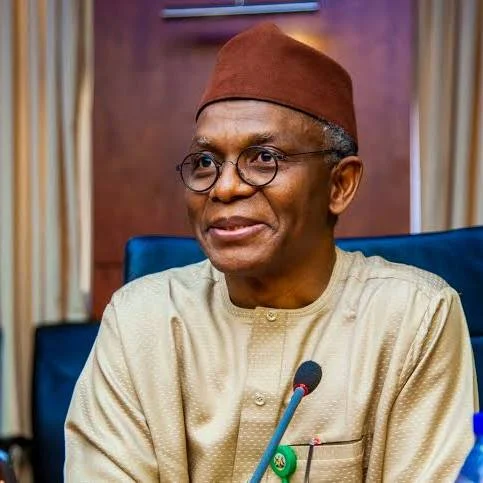
The recent conviction of Oba Joseph Oloyede, the Apetu of Ipetumodu in Osun State, in a U.S. federal court for COVID-19 relief loan fraud has shaken perceptions about the inviolability of traditional rulers in Nigeria. This unprecedented case invites a challenging question: Can some of Nigeria’s top kings confidently say they could never be convicted of such crimes?
This question isn’t just rhetorical. It probes the complex intersections of power, accountability, and the rule of law within Nigeria’s deeply traditional yet rapidly modernizing society.
The Myth of Immunity Among Monarchs
In Nigeria, kings and traditional rulers often enjoy immense respect and, arguably, a degree of untouchability in the eyes of their subjects and even state governments. Historically, these monarchs have wielded significant influence, sometimes operating above or alongside formal legal institutions.
Yet, the conviction of Oba Oloyede disrupts this narrative. Despite being a monarch with cultural clout and dual citizenship, he was prosecuted and sentenced under U.S. law for financial crimes. This starkly illustrates that holding a royal title neither grants legal immunity nor absolves one from accountability when involved in criminal activities.
So, can other Nigerian kings truly say, with pride or confidence, that they would never face conviction if implicated in similar crimes? The answer is far from straightforward.
How Some Monarchs Allegedly Misused COVID-19 Relief Funds
The COVID-19 pandemic prompted governments worldwide to roll out financial aid aimed at helping struggling businesses and vulnerable populations. Nigeria was no exception, with funds earmarked for emergency relief and economic support.
However, there have been public allegations and media reports about some Nigerian traditional rulers misappropriating COVID-19 funds. For instance, the Ooni of Ife, Oba Adeyeye Enitan Ogunwusi, and the Emir of Kano, Muhammadu Sanusi II (before his dethronement), have faced public scrutiny and calls for transparency over the management of relief materials and funds during the pandemic. While no criminal charges have been proven against them, these instances highlight growing concerns about accountability among the highest levels of traditional authority.
Some reports allege that certain rulers used COVID-19 funds to finance lavish lifestyles, including the purchase of luxury cars, extravagant ceremonies, and political patronage, rather than supporting pandemic relief efforts in their communities. Such allegations, whether substantiated or not, reflect a broader worry about the possible misuse of public resources by powerful figures.
Power, Wealth, and the Temptation of Corruption
Many Nigerian traditional rulers hold not only cultural power but also significant control over resources and local economies. This power, combined with wealth, can create environments ripe for corruption and abuse.
Some kings have been accused — in public discourse and investigations — of misappropriating funds, participating in land scandals, or facilitating illegal economic activities. While few have faced prosecution, this often stems from systemic challenges: weak law enforcement, political protection, and public reluctance to question revered figures.
The Oba Oloyede case, therefore, sets a legal precedent but also raises the question: Is it fear of legal repercussions, or the reality of enforcement, that has shielded many monarchs so far?
The Role of Jurisdiction and Enforcement
Oba Oloyede’s conviction happened in the United States, under a legal system with robust enforcement and clear jurisdiction over its citizens and residents—even those with foreign titles.
Within Nigeria, enforcement against traditional rulers remains uneven. The complex blend of cultural respect, political alliances, and sometimes unclear legal boundaries makes prosecution of monarchs challenging. Many kings may feel secure under local and national protections that are less stringent or transparent than those abroad.
Hence, the question extends: Would Nigerian courts and law enforcement agencies be equally rigorous if similar allegations arose against prominent monarchs within the country?
Accountability and Modern Governance
As Nigeria continues to strengthen democratic governance and anti-corruption institutions, the space for accountability is expanding. The courts, anti-graft agencies, and civil society are increasingly scrutinizing powerful individuals, including traditional rulers.
This shift suggests that no one — not even revered kings — can forever assume immunity. The Oba Oloyede case may be a harbinger of more stringent expectations and legal challenges for all public figures, regardless of their cultural status.





